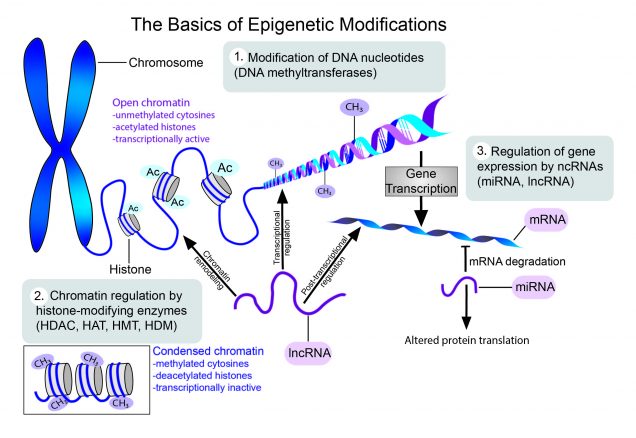Research

Epigenetic Alterations in Melanoma
Our laboratory has had a long-standing interest in defining critical epigenetic alterations in melanoma associated with disease progression and response to therapies. Previous research has used novel small molecule inhibitors of the p300 histone acetyltransferase to further define transcriptional mediators of melanoma progression and identify targeted therapies specific to these epigenetic alterations. Currently, we are interested in more specific targeting of epigenetic regulatory proteins such as through dual binding inhibition of the CoREST complex. Therapies are currently being evaluated using in vivo and in vitro model systems in order to optimize therapeutic responses in anticipation of studies in patients.
Lipid Metabolism in Melanoma
We are interested in understanding how lipid metabolism is involved in melanoma development and progression. In a collaboration with colleagues in biomedical engineering, we previously used multimodal metabolic imaging to show changes in pigment and lipid status with increased melanoma aggressiveness. In another study, we found that lipid content is reduced at the skin’s surface in malignant melanoma compared to benign melanocytic lesions, which could be leveraged to develop diagnostic aids for clinical evaluation of melanocytic lesions. Currently, we are using a targeted protein degradation system (dTAG) to target lipid transporters in melanoma to better understand how lipid uptake and processing is involved in melanoma growth and metastasis. Future studies will evaluate the intersection between epigenetics and lipid metabolism in melanoma.
Other areas of interest
We follow the science were it takes us in order to address dermatologic conditions with unmet needs, which has led us to exciting projects. In one study, we are evaluating epigenetic-targeting therapies using in vitro model systems as a potential therapeutic for keloids, fibroproliferative scars with unsatisfactory treatment options. In another project, we are investigating the role of the gut microbiome in hidradenitis suppurativa, a chronic inflammatory skin disease featuring painful, deep-seated nodules. We are always eager to apply our findings related to epigenetics and lipid metabolism in melanoma to other diseases that could benefit.